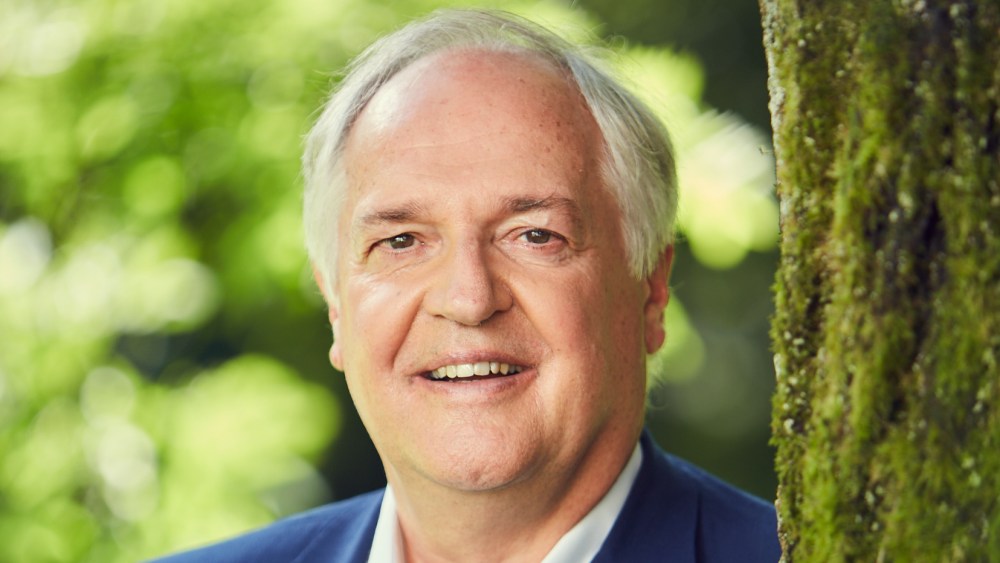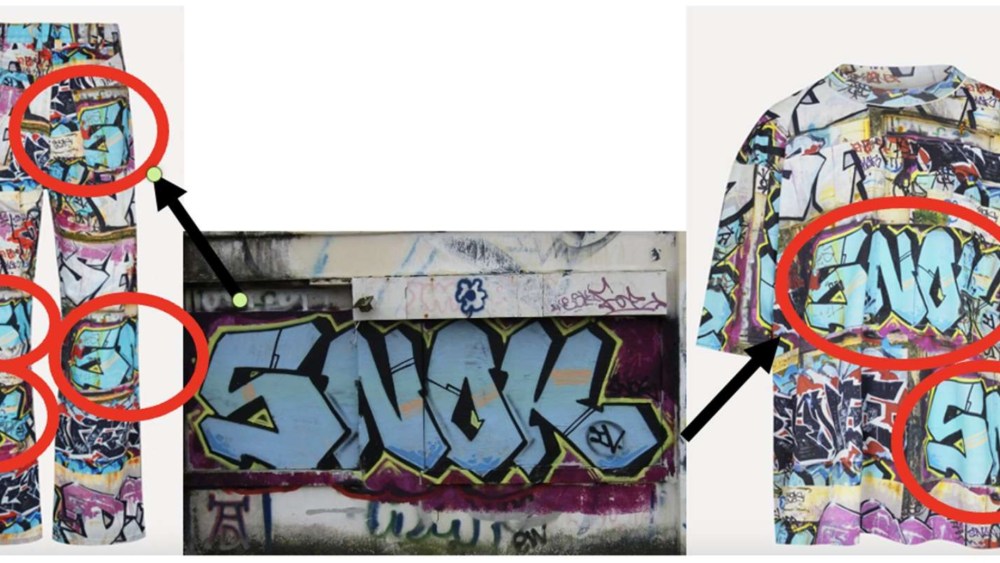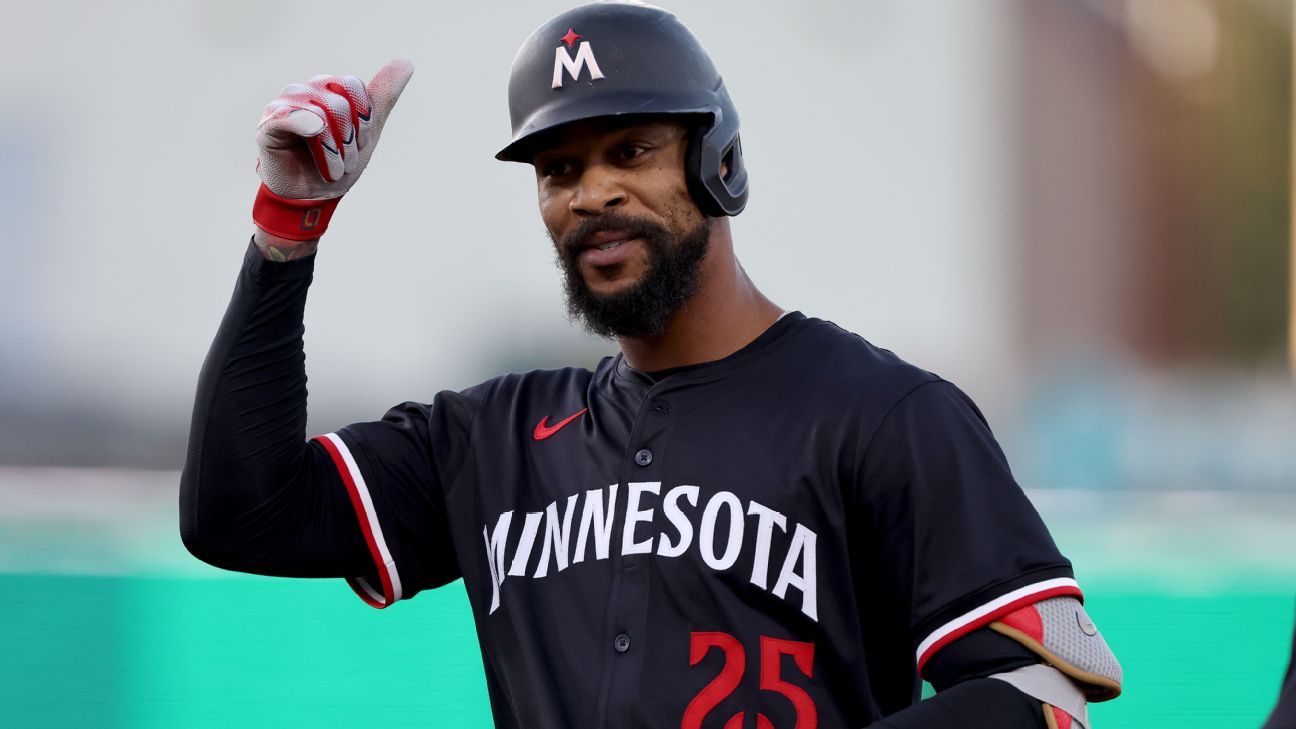
Walking the halls between speaking appearances at Paris’ ChangeNow conference, Paul Polman is greeted like a rock star by the sustainability crowd. As the cofounder and chair of Imagine, a foundation dedicated to accelerating systems change and leadership on climate action and social equity, he’s a major voice in the movement. He’s also the co-author of “Net Positive: How Courageous Companies Thrive by Giving More Than They Take,” making the business case for sustainability, as well as cofounder and cochair of The Fashion Pact.
The Pact was cofounded five years ago by Polman and Kering chair and chief executive officer François-Henri Pinault. It currently has more than 55 signatories from companies as wide-ranging as Chanel and Ferragamo to H&M and Inditex. Inditex chief executive officer Óscar García Maceiras now serves as cochair of the steering committee. Overall, The Pact represents about a third of the global fashion industry.
Polman regularly brings together signatories’ chief executive officers on Zoom calls and twice-yearly physical meetings where the business competitors can find ways to work together. “Because it’s all built on trust. At the end of the day, the secret sauce in all the things I’m doing is trust,” he told WWD.
In June, The Fashion Pact will bring 30 member CEOs together at the Papal Palace of Castel Gandolfo in Rome for a training on the United Nations’ sustainable development goals.
Here, Polman discusses the need to move from CSR to RSC, the potential impact of the Trump administration’s tariffs, and The Fashion Pact’s goals over the next five years.
WWD: On stage, speakers touched on how companies are not putting sustainability at the center. How can the fashion industry change that model?
Paul Polman: Most companies are in the corporate social responsibility (CSR) mode only. I would say [not] Kering, Stella McCartney, Eileen Fisher, but these are the exceptions even in fashion. Most people see this as: all we need to do is tackle the value chain, or we need to tackle circularity, but they don’t see that it’s all related. People need to start thinking regeneratively, so go from what I call “corporate social responsibility” to becoming responsible social corporations — from CSR to RSC. The fashion companies cannot have [business] models that make it worse, so people have to start by taking responsibility for total impact with extended producer responsibility. They have to know what the negative externalities are that society is paying for, because those are all things you want to eliminate from your business models and ideally become contributing positives. There’s no reason why you cannot grow sustainable cotton at scale, so you have more of it in the future, that the farmers have a good livelihood, that the soil gets enriched, that biodiversity gets protected. So, thinking about business models more holistically is systems change, and that’s difficult to do alone. You need to do that together.
WWD: The industry is facing a downturn. Is sustainability the first thing to get sidelined?
P.P.: With all the tariffs now, and all the supply chain [problems], and then the economics — the industry is under pressure. But at the same time, what we have to ensure is that they understand that the train has left the station, that there’s no alternative. We need to keep the longer term in mind whilst being realistic about the short term. I’m here to say, don’t deviate. This is not a moment to say we’re not going to step up. It might be in three months, because there will be backlash in the U.S.
One of the things that is important to keep CEOs on the right path is that they have the support of the boards, and boards have to change in this environment as well. We need to think about how boards work and what skill sets we need. The role of the board has been management, which is changing now to see all these issues integrated, not just as CSR. This is not a climate issue or a biodiversity issue. This is a new business model issue; a systems change issue.
The fashion industry is farther ahead on biodiversity. There’s a lot of bridging that can be done with Republicans and Democrats on the whole area of biodiversity. And if you do it smart, you don’t talk climate change, you talk food security, or food resilience, energy resilience, job resilience. People want that. And then you start to say, how do we get there?
WWD: What are the biggest accomplishments of the first five years?
P.P.: The biggest accomplishment at the end of the day is having [the CEOs] together, being there, making these commitments and having that trust. You need to do that carefully and curate that with small wins and build it up. If you look at the [Collective Virtual Power Purchase Agreement], we started with that because it was immediate money in the pocket. [The companies] were too small to do it themselves, so we got 12 companies and that’s growing now. We’ve created the biggest joint energy buying alliance in the industry.
Over 20 companies have put [biodiversity] into the heart of their strategy. Three hundred thousand hectares of degraded land have been restored as a joint commitment. This was at the root also of them going to our next initiative, which is to work together in the value chain to get to regenerative agriculture, to extend our responsibility to suppliers and get them to green energy. With the Unlock program, we’ve set up a fund to just get going on biodiversity, and the same thing with regenerative cotton. With Unlock, we have a creative way to pay the farmer. The problem is always, everybody knows what needs to be done, but the farmer needs to do it and doesn’t have the money. So, this is probably the first initiative where we are solving it. We have 25 brands immediately signing up. We have 90,000 farmers. These are not small things anymore. Are they tipping the industry? Not yet. But would it be fair to expect that the 90,000 farmers are going to [grow to] be 200,000 farmers? Yes. Then we show it can be done.
WWD: One of the biggest issues is simply overproduction. Will The Fashion Pact ask brands for production volume disclosure?
P.P.: I think ultimately you need to decouple growth from environmental impact. You need to produce less. And frankly, the premium brands are more fashion for life. So that’s not actually where the problem is, but often, that’s where the innovations come in and where they can accelerate. Luxury brands are very important. Some of them don’t want to be compared [to fast fashion]. And I say, “No, you are, because it’s the industry, and you have created the desire, and you are setting standards on innovation. If you leave [the pact], you become a problem.” So you need both of them.
WWD: The fast-fashion brands are under even more pressure from ultra-fast fashion like Shein. How can the industry tackle that problem?
P.P.: We have to do that with legislation. It’s the only answer. We have to keep pushing for a tax on the items, showing where it’s made, how it’s made…These are challenges that ultimately you need government, but the only way you get government nowadays is to have a big enough group of businesses that are being seen as responsible and show that it can be done. We’re going to do 100 factories in India to get to green energy, and we’re going to do that jointly. Then we go to the government and say, “here are the 100 factories that are doing it.” Why doesn’t that become the standard? And they’re not suffering, they’re better, they’re more resilient. The best way of driving change is having a group of CEOs that are more responsible.
WWD: The EU was moving forward on some tough sustainability and due diligence reporting requirements but is now holding or backtracking on those. What do you make of that?
P.P.: They doubled up on the legislation without really looking at it holistically. It resulted in contradictions. The omnibus law has not changed for the bigger companies. It’s less reporting for the smaller companies, because they need to find that balance on keeping these economies competitive, creating jobs. It’s a balance, and I think the changes around the omnibus law are not as worrying as some people have written. If it provides the flexibility to be more innovative, it actually might result in moving faster.
Nobody in Brussels knows the fashion industry. They’re good people, but they’re politicians in Brussels. So, we [need to] show up proactively to work with them on the circular economy package.
WWD: Will the U.S. tariffs have an impact on consumption patterns?
P.P.: I think for the average consumer, unfortunately, price is a deciding factor. For most, if they pay a little bit more now because of additional duties, that in itself I don’t think is going to change much. So, is the tariff itself changing the fashion industry? No. It needs more than that. This is where the administration doesn’t do a good job taking externalities into account. But now there are Republican senators that are actually asking, “Well, what is the carbon impact we’re importing? And we should tax.” So they find out. So they [can] disguise a carbon tax in the tariff. There are ways to attack it. We’re working on these types of things.
WWD: What are The Fashion Pact’s goals over the next five years?
P.P.: Instilling regenerative thinking, biodiversity and circularity.
Moving circularity forward, so you aren’t on the defensive. If we can get circularity to move to 15 percent of the industry, that’s a tipping point. And it’s growing fast.
Biodiversity, because it’s a very important thing for this industry. They are actually agriculture [companies]. If we can then change the bio for the petrol fibers into bio fibers, that’s really the direction you need to go in. That’s a great step, and do that at scale, because then the economics work.
#Fashion #Pacts #Paul #Polman #Talks #Regenerative #Thinking #5Year #Milestones






